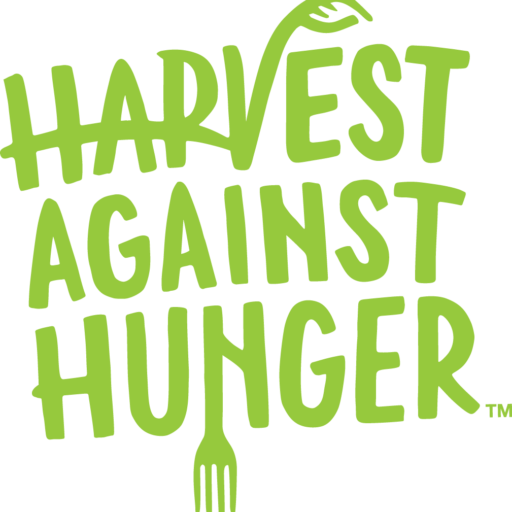The Palouse Tables Project Collects Feedback on Regional Vision for Food Security
23 Aug 2018, by David Bobanick in Harvest Blog, Harvest VISTA, Washington state, Community Action CenterHarvest Against Hunger AmeriCorps VISTA, Michelle Blankas, serves at the Community Action Center in Pullman, WA. The Community Action Center is a non-profit organization geared toward providing services to the community that include affordable housing assistance, weatherization and energy assistance, and community food such as the food bank, nutrition education, gardening, and Basic Food. The Community Action Center is a member of the Whitman County Food Coalition, of which, several partners make up the volunteer force for the Palouse Tables Project. The volunteer partners include Backyard Harvest, Council on Aging, Washington State University Center for Civic Engagement, and Harvest Against Hungers AmeriCorps VISTA. Michelle Blankas and Joe Astorino of the Community Action Center took shifts reaching out to Pullman Community members at the Annual National Lentil Festival to gather feedback on a regional vision for food security.
On Friday, August 17, 2018, the Palouse Tables Project tabled at the Annual National Lentil Festival in Pullman, WA. The HAH VISTA collected community input from about 50 individuals that ranged from high school and university students to families and the elderly.

Earlier this year, a community food security meeting took place in Pullman that engaged the public on what worked well in the community and what were the dreams the community had for the future of food and food security. Because the Palouse Tables Project is a regional assessment and planning project, the dreams collected from all the communities across Whitman and Latah County went through a consistent process of coding and theming. These dreams were coded and themed into two systems:
System 1 | System 2 |
Growing Food | Food System Education and Heritage Appreciation |
Sharing and Selling Food | Community Engagement and Leadership |
| Cooking and Eating Food | Communication and Coordination |
| Food Waste | Inclusion, Connection, and Community Identity |
| Transporting and Storing Food |
|
A regional vision was then drafted to unite all the coded and themed dreams. This vision concept was called “Regeneration,” to try to capture the diverse nature of these dreams and projects. It was meant to capture everything from restoring the quality of our soil and water, to reconciling our relationship with heritage food, skills, and knowledge, to addressing our stigma against food bank clients and those who rely on food assistance, and many more. These dreams that stemmed from all over the region had a common core theme of regenerating, or restoring and growing in a healthy direction from where we currently are.

Pullman community members that stopped by the Palouse Tables Project table indicated what part of the food system needed the most “Regeneration.” In the first hour and half, about 50 people participated, shared their point of views, and commented on the concept of “Regeneration.”
The next steps in this phase of the project is to replicate this outreach effort at the Palouse Empire Fair, the Latah County Fair, the Palouse-Clearwater Food Coalition Meeting, the Poverty on Palouse Forum, the Pullman and Moscow Farmer’s Markets, several of the food pantry distribution sites across the region, and governing bodies and community stakeholders who would potentially be interested in partnering and working with the community to make these food security dreams come true.



